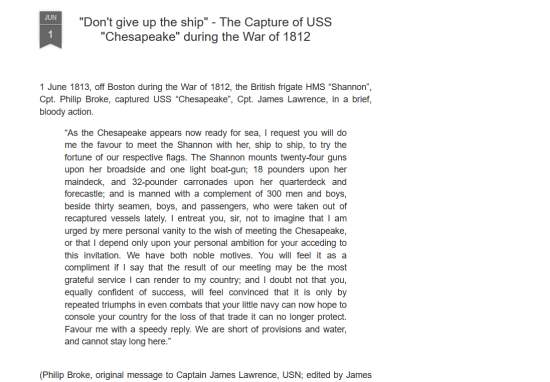
Napoleon's Trial by Fire 1812
264 pages. 16 pages of black-and-white photos, 5 maps. Preface, notes, selected bibliography, and index.
This is the last book of the trilogy, but it's also the middle book in a sense, because the first book dealt with the Borodino campaign, the second book covered the Retreat From Moscow, and this last book goes back and fills in what happened in-between.
With the big question being: Who burned down Moscow? It's a surprisingly complicated question, with many answers (i.e., nobody did it, Moscow burned down all the time; the French did it; the French allies did it, they had no discipline; the Russians did it, the mayor ordered it as part of the scorched earth campaign; the Cossacks or the peasants or the retreating Russian soldiers did it…).
The photo pages include many paintings of Moscow before and during the fire, as well as portraits of many of the leading figures on both sides.
As with the previous books in this trilogy, the author once again has done an excellent job of going back to primary sources to tell the terrible story of Moscow's great calamity. This is more that strictly military history, as he also reveals the experiences of the citizens of the city during this period.
However, this book covers more than just the fire. As the central book in the trilogy, it continues the campaign after the Battle of Borodino, brings the French army and allies into Moscow, and discusses the diplomatic steps to end the war, Napoleon's activity while in Moscow, and the sapping of military strength before winter began.
This leads to my sole criticism of this book: While the information about the fire is indeed interesting, to me the central theme of this volume should have been what was happening with the commanders and armies on both sides, which set up the disastrous Retreat From Moscow. While the author does cover this material, it is not his focus in this volume, and I was left wanting more. (But I was not left wanting more about the Moscow fire, which is dealt with in detail and thoroughly covered.)
Excellent book. Recommended for anyone interested in the Russian Campaign, particularly if you have the previous volumes in the trilogy.
Reviewed by ![]() Editor in Chief Bill
Editor in Chief Bill ![]()
![]() .
.








